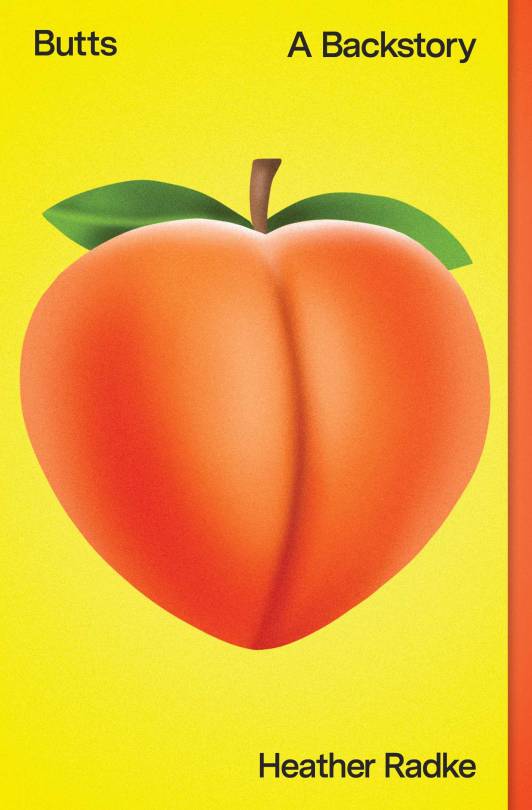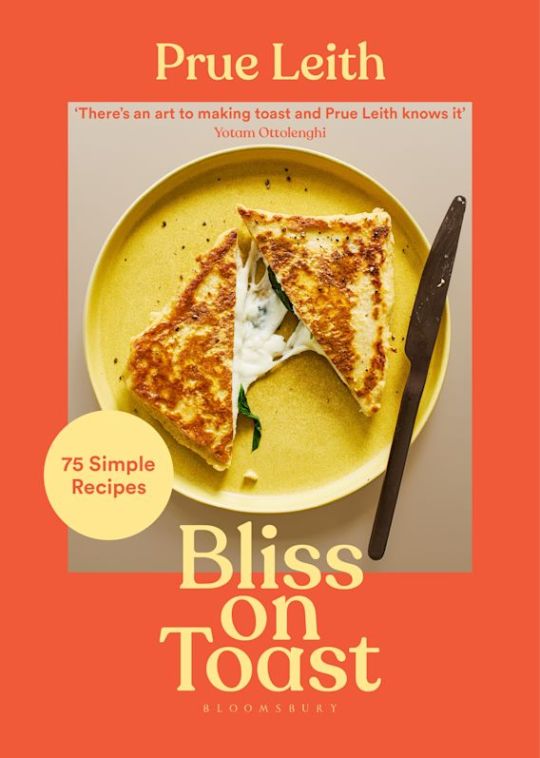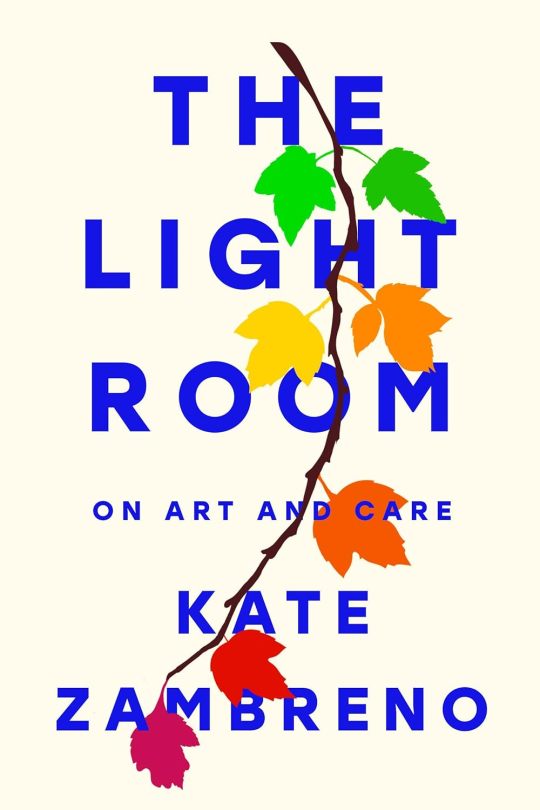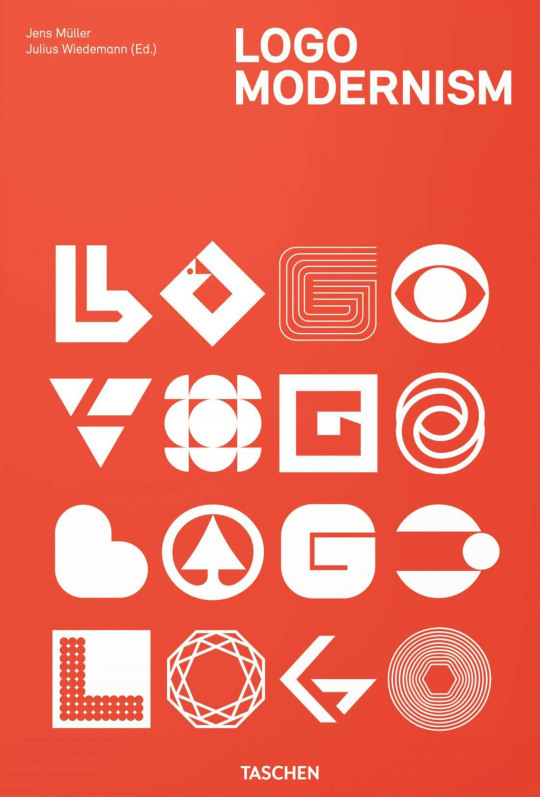Text
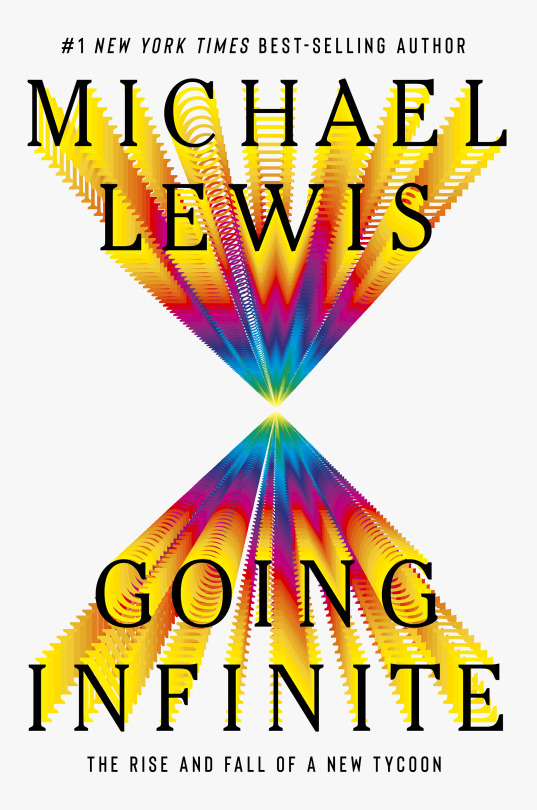
Sam had agreed to pay Tom Brady $55 million, and his then-wife, Gisele Bündchen, another $19.8 million, for twenty hours of their time each, over the next three years.
--
Adverse selection was a favorite topic at Jane Street. In this context it meant that the person most eager to make a bet with you is the person you should be most worried about betting against. When people wanted to bet—or trade—with you, there was usually a reason: they knew something you did not.
--
Within a few months they’d persuaded other, richer effective altruists to lend them $170 million to trade crypto. They’d lost millions of it already, though how many millions no one could say for sure. In February their trading system had lost half a million dollars per day. On top of the trading losses, some additional millions had simply vanished.
--
On a separate front, he explained to me, as the plane descended into Washington, DC, he was exploring the legality of paying Donald Trump himself not to run for president. His team had somehow created a back channel into the Trump operation and returned with the not terribly earth-shattering news that Donald Trump might indeed have his price: $5 billion. Or so Sam was told by his team.
0 notes
Text
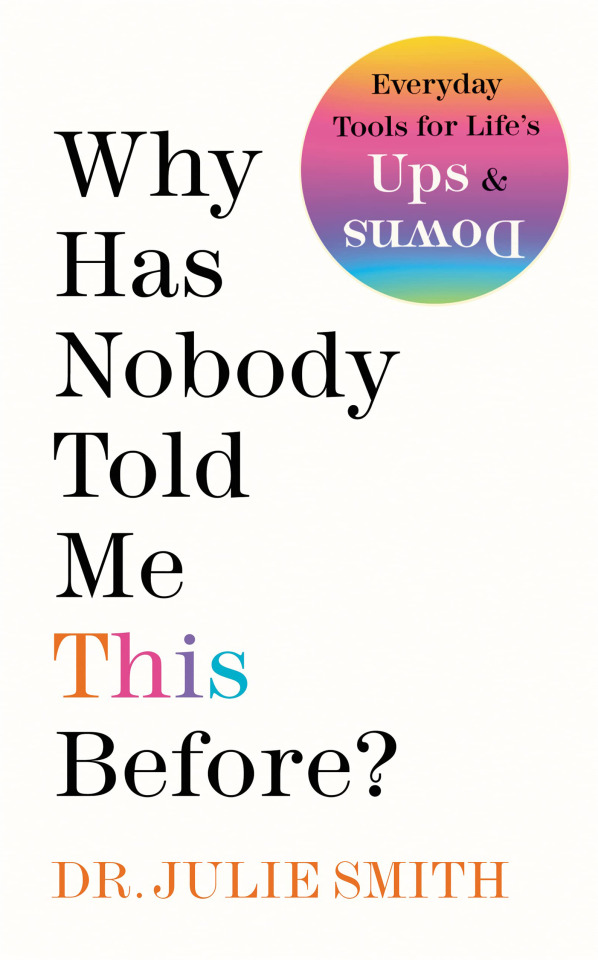
Everyone has low days. Everyone. But we all differ in how frequent the low days are and how severe the low mood. Something that I have come to realize over the years of working as a psychologist is how much people struggle with low mood and never tell a soul. Their friends and family would never know. They mask it, push it away and focus on meeting expectations. Sometimes people arrive at therapy after years of doing that.
--
awareness starts off with hindsight. We look back on the day and choose moments to look at in detail. Then, with time and practice, that builds our ability to notice them in the moment. This is where we get the opportunity to change things.
--
Feeling down is more likely to reflect unmet needs than a brain malfunction.
--
reflect on your current coping strategies for low mood. When feeling low, what are your go-to responses? Do those responses provide instant relief from the pain and discomfort? What effect do they have in the long term? What do they cost you? (Not in money, but in time, effort, health, progress.)
--
thought biases that we commonly experience when mood is low.
--
we all spend much of our lives making guesses about what other people are thinking and feeling. But when we’re feeling down, we are more likely to assume that those guesses are true.
--
Overgeneralization When we are struggling with low mood it only takes one thing to go wrong, and we have that tendency to write off the whole day.
--
Overgeneralization is when we see this one event as a sign that today will be ‘one of those days’.
--
feelings are not facts either. Emotions are information, but when that information is powerful, intense and loud, as emotions can be, then we are more vulnerable to believing in them as a true reflection of what is going on. I feel it therefore it must be a fact.
--
Musts and shoulds Beware of those musts and shoulds! I don’t mean the healthy and normal sense of duty we have to our community. I mean the relentless expectations that send us on a downward spiral of unhappiness. I must be more this, and I should feel that.
--
All-or-nothing thinking
--
when we think in absolutes or extremes. I am either a success or a complete failure. If I don’t look perfect, I’m ugly. If I make a mistake, I should never have bothered.
--
One strategy against the downward spiral this can cause is understanding that how we feel is not evidence that our thoughts are true. Another strategy is taking a stance of curiosity. Get some distance from those thoughts by becoming familiar with the common biases, noticing when they appear and labelling them as biases, not facts.
--
Now I am not about to tell you that you can manifest things in your life just by focusing on them. But we have to look where we are going if we want to stay on course. Your attention is valuable and helps to create your experience of life. So learning to control where you direct it can have a powerful impact on your life and your mood.
--
one of the simplest ways to redirect things, when we are not sure of the way out, is a question: ‘What would I do if I was at my best?’
--
Friends or a therapist will listen carefully to each one. But they can be great at holding up a mirror to our minds by reflecting back to us what they notice. They help to build our self-awareness and provide prompts or cues to call a stop to the rumination and shift to something new and more helpful to our wellbeing.
--
When your mood is low and the small daily tasks feel like too much, don’t go setting yourself extreme goals that feel out of reach. Pick one small change that you know you can action every day.
--
If you do one thing today, make it exercise. Choose something you enjoy and you increase your chances of keeping it going.
--
Prioritizing sleep will help your mental health, and making changes to your day will affect your sleep. How you feed your brain influences how you feel. Traditional Mediterranean, Japanese and Norwegian diets show benefits for mental health.
--
Motivation is a wonderful by-product of action. It’s that great feeling you get when you are on your way out of the gym, not on your way in.
--
Mastering motivation is building the capacity to do what matters most to you, even when a part of you does not feel like
--
If something matters to you and could benefit your health, don’t wait until you feel like it – do it anyway.
--
Motivation does not come from a specific location in your brain. It is not a fixed part of your personality. It’s also not an essential tool that we use to make us move. It is most often a consequence of that movement.
--
Adding in some form of exercise, however moderate, will pay you back in feelings of motivation.
--
I think one of the reasons that some of my clients say they feel so much more motivated after an appointment is because they have spent time reconnecting with their goals. If that thing we are working on is not fresh in our minds we can quickly lose momentum.
--
The skill of acting opposite to an urge, to instead choose a behaviour that is more in line with where you want to go, is a key skill that people learn in therapy
--
When our goals are underlined by our intention to become the person we want to be, or even better, when we have decided that this is who we are now, then we can act in line with that even on the days when motivation is low.
--
Emotions are real and valid, but they are not facts. They are a guess. A perspective that we try on for size. An emotion is the brain’s attempt to make sense of the world so that you can meet your needs and survive. Given that what you feel is not a factual statement, neither are thoughts.
-
the Feeling Wheel (Willcox, 1982)
--
Most people don’t want to be told what to do. But they do want someone to keep showing up to check in and show they care.
--
Don’t forget that the person you are supporting will have an idea of what they need. So asking them how they would like you to support them can help to give you guidance, while also communicating to them that you are listening.
--
Be honest. If you want to be supportive but you are not sure how, say that out loud. Ask the person to let you know if you are saying or doing something that is not helpful. This
--
people tend to criticize others based on their own rules for living
--
Living the life you want to live in the face of criticism means getting clear on: The opinions that truly matter to you and why. Whose opinions matter most to you?
--
when those with low self-esteem were told it is OK to experience negative thoughts, their mood improved. They no longer had to battle with trying to convince themselves of something they didn’t yet believe. Therefore, on the days when we don’t feel strong, we don’t need to tell ourselves that we are. We can acknowledge that feeling this way sometimes is a part of being human.
--
how other people respond to my failures does not provide an accurate assessment of my personality and worthiness as a human, but instead indicates how that person relates to failure.
--
Values are not a set of actions that can be completed. Values are a set of ideas about how you want to live your life, the kind of person you want to be and the principles you want to stand for.
--
I am not suggesting that you should never set yourself goals. But when you work towards something, it helps to be clear on why you are working towards it and to recognize that all the good in life is not waiting at the end point of goals, but in the process we go through along the way.
--
Rather than hoping things are better in the future, what if life could be meaningful and purposeful now, by living in line with what matters most to you?
--
Try this: Another way to do a more regular values check-in is to incorporate it into journalling or some simple self-reflection. Here are a few questions to help prompt that reflection. I like to use these both personally and with others in therapy when exploring values. Questions to explore: If you were to look back on this next chapter of your life and feel proud and content with how you faced life’s challenges, how would you be approaching daily life? What would the next chapter look like? In your answer try to focus on your own choices, actions and attitude, not other people or events that are out of your control. Try to consider how you would approach life, whatever happens. What do you want to stand for in your relationship with yourself, your health and personal growth? What is important to you about these? What kind of person do you want to be for the people in your life? How do you want to interact with them and contribute to their lives? How do you want the people in your life to feel when you are around? What do you want to represent in your circle of friends and family? If you only get to live once, what impact do you want to have while you are here? If no one knew how you spent your time, would you still be doing this? As you move forward through this day or this week, what is one value that you will try to bring to each choice and action? Examples here might be ‘Today I choose to bring enthusiasm/courage/compassion/curiosity to each experience, choice and action. I will do this by . .
--
The strongest of relationships will have down days, periods of disconnection, disagreement. There will be times when one or both partners face failure or huge loss, or illness and pain. There will be times when you have mixed emotions or you feel less passionate than before. There will be times when one or both partners feel confused about what the other person wants or needs. There will be times when we get it wrong and cause the other person pain.
--
Anxious attachments can show up in people-pleasing behaviours; struggles in expressing personal needs or avoidance of confrontation and conflict, a focus on meeting the needs of the partner to the detriment of one’s own personal needs.
--
the anxiously attached partner can practise creating a sense of safeness independently from their partner by building their sense of self and learning to soothe themselves.
--
the avoidantly attached must build up tolerance of the vulnerability involved in opening up to close connection. A partner can help with that by developing an understanding of why intimacy feels unsafe or uncomfortable and working alongside them to gradually nurture closeness.
--
Safe emotional connection is a top priority for our brain, whose job is to help us survive. When we shout, scream, cry, withdraw and stay silent, we are all asking the same thing, just in a different way. The questions are ‘Are you there for me? Do I matter enough for you to stay? When I need you most, what are you going to do?’
0 notes
Text
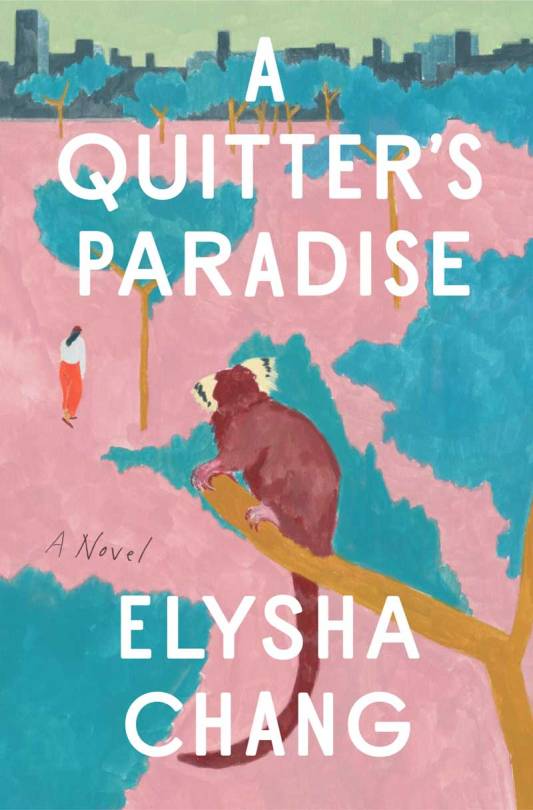
These items were shoddily constructed. That was part of the luxury. To hold an ephemeral object, something whose life began to wane the moment you started to use it. Something that told you you would outlast it, it would not outlast you.
--
Now at home, I can feel her, in this very instant, slipping away from me. In telling Ellis about her, I’ve made her ours, not mine. Soon, she will be the world’s. I have spoken her, which means that I have given her away.
--
Objects are not memories.
0 notes
Text

My husband has no name; he is my husband, he belongs to me.
--
... my love of beginnings. I’ve always preferred the first chapters of a book, the first fifteen minutes of a film, the first act of a play. I like starting points. When everyone is in their rightful place in a world that makes sense.
--
Love has never been a question of uncertainty or waiting, that regularity and reciprocity do not alter intensity. I would like to tell them that passion can also grow from domestic stability, from consistently punctual returns home, from the proof of commitment, from the repetition of daily life. I would like to tell them that the heart can also beat at set times.
--
If I could speak to Phaedra, I would tell her that it is even more painful to love someone you already have. Unlike her, I have no real reason to cry. If I had to explain to a passerby why I’m crying, what could I possibly tell them? That I’m devastated because my husband thinks I’m a clementine?
--
Since I met my husband, my parents, sisters, and coworkers have always commented on my good fortune. “You’re lucky,” they tell me confidently. As if I won my husband in the lottery. As if I thwarted the statistics by marrying him. In other words, they are suggesting that he could have done better than me.
--
When I’m not too absorbed in my own thoughts (which center on my husband to a worrying degree—it’s difficult to quantify, but I’d say approximately 65 percent), I play a game that can last months, even years. I ask myself how I might describe one of my friends or family members in three words.
--
Because at some point we all have a decision to make: choose to love or to be loved. There is no couple where love is shared equally; it’s not possible. So we have to determine which kind of romantic life we’d like to lead: Will we be the one who receives or the one who gives?
0 notes
Text
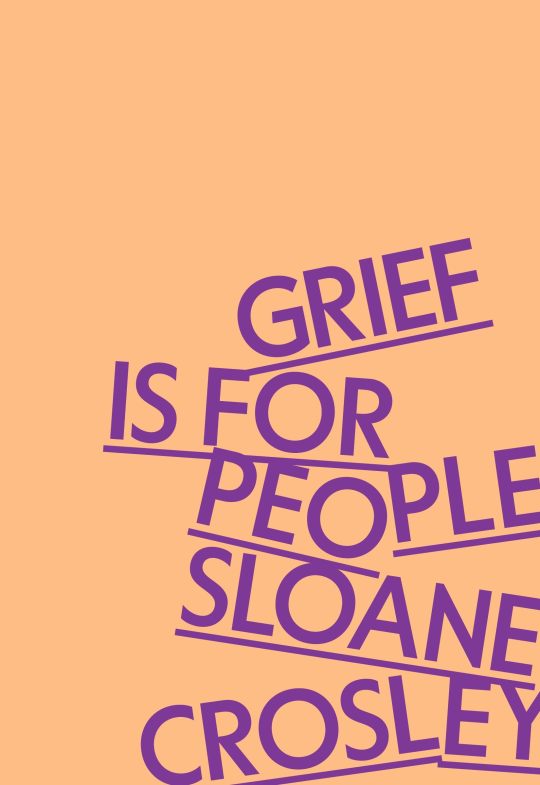
Russell is my favorite person, the one who somehow sees me both as I want to be seen adn as I actually am, the one whose belief in me over the years has been the most earned (he is not my parent), the most pure (he is not my boyfriend), and the most forgiving (he is my friend).
--
Find one of us, pull the string, you'd find the other.
--
Still, there are those who will, unsolicited, tell me that I shouldn't blame myself. These people are idiots. Or else they are projecting their own losses.
And are also idiots.
--
What I am experiencing is post-traumatic stress disorder. PTSD employs a math opposite to that of denial: Instead of your brain convincing itself nothing has happened, it convinces itself everything has and is still happening.
--
Who are we to litigate the severity of someone else's pain? Suicide is often referred to as a permanent solution to a temporary problem.
No one here is arguing the first half of that.
--
In the Barbara Pym novel Excellent Women, a character decides that an unsolicited declaration of love must be "something like a large white rabbit thrust into your arms and not knowing what to do with it."
--
He gravitated toward underdogs. He would never put it in such sentimental terms, but he understood that real literature, like love, comes from a desire to be known.
--
The reason I hadn't noticed that pieces of our world had been falling from the ceiling was because Russell had sheltered me from the debris. And by the time I did notice, our world was already gone.
--
I'd spent my last day at Vintage escorting Alice Munro around town and, during a lull in the conversation, I asked her if people ever recognized her on the street. She thought for a moment and said: "On my better days, I think they do. On my worse days, I think they're thinking, 'What a sweet little old lady, I hope she doesn't die in front of me.'"
--
Anger is a cousin of intelligence. If you are not revolted by certain things, you have no boundaries. If you have no boundaries, you have no self-knowledge. If you have no self-knowledge, you have no taste, and if you have no taste, why are you here? Russell taught me that.
--
Perhaps this is the plainest definition of anxiety: mourning what isn't gone yet.
--
Remember that time an author gave us acupuncture sessions? Yours passed without incident, but I didn't realize how still I was meant to stay. I turned my head halfway through. It felt like being punched in the spine.
"It's just pain leaving the body," the acupuncturist said. "You don't have to hold on to it. It's already happened."
0 notes
Text
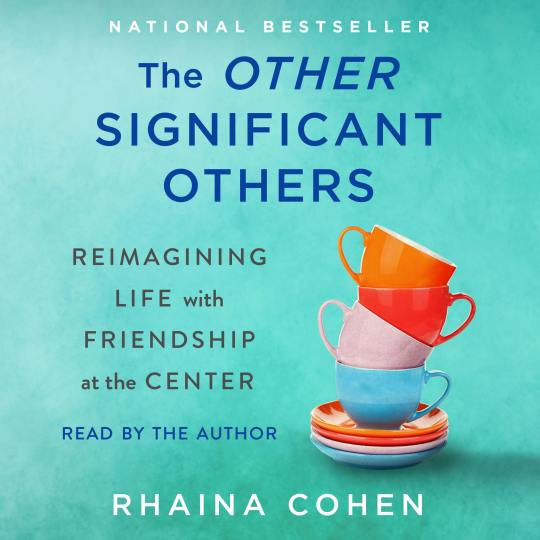
I began to see how these unusual relationships can also be a provocation -- unsettling the set of societal tenets that circumscribe our intimate lives: That the central and most important person in one's life should be a romantic partner, and friends are the supporting cast. That romantic love is the real thing, and if people claim they feel strong platonic love, it must not really be platonic.
--
Many people have a "one-stop shopping" approach to romantic relationships: get your sexual partner, confidant, co-parent, housemate, and more, all in the same person. Prominent experts have recognized this pattern and are concerned about it. "When we channel all our intimate needs into one person," Esther Perel writes, "we actually stand to make the relationship more vulnerable." Such totalizing expectations for romantic relationships can leave us with no shock absorber if a partner falls short in even one area.
While we weaken friendships by expecting too little of them, we undermine romantic relationships by expecting too much of them.
--
From our first encounter with Disney movies and rom-coms, we're taught to fantasize about finding our soulmate, who, in psychologist Bella DePaulo's words, we also expect to be our sole mate.
A romantic partner is supposed to be the one-stop shop where we can meet the full spectrum of our practical and psychological needs. For a lot of people, that now includes the role of best friend.
--
By asking so much of one relationship, marriages today are like handblown glass: exquisite, but fragile.
--
Ethical non-monogamy -- consensually forming nonexclusive romantic relationships. Many people enjoy a better relationship with a primary partner when the pressures on that relationship are reduced by an outside one.
--
"The relationship escalator" -- the expectation that a couple in a serious relationship should ramp up their commitment and entwinement, becoming exclusive and accumulating roles of confidant, roommate, co-homeowner, co-parent, caregiver, default plus-one.
--
Love encourages us to cultivate a lasting bond that feels safe and rewarding -- what's called an "attachment" relationship.
--
Time, togetherness, and touch are the "magic ingredients" of attachment.
--
For Stacey and Grace, they got on planes to see each other and spent holidays together. They prioritized each other. As Grace puts it, they became each other's "primary person."
--
... This conversation on everyday decisions reinforced their role as each other's primary person. When Stacey explained that he finished the book he'd been telling Grace all about and that it made him cry on a long car ride home, she said they should talk about it that night. This conversation and others like it are what couples do over dinner after work: they debrief.
Partnerships rely on the intermingling of the mundane and the intimate; it's both by knowing the ordinary and private details that partners can have an up-to-date, high-definition picture of the other's life.
--
Grace ventures that romance entails some degree of mystery; Stacey has an opposite instinct -- that a defining quality of romance is certainty: knowing you're the people for each other now and in the future.
--
As Chen argues in Ace, "there is overlap and no clean separation" between romantic love and platnoic love. You could say romantic relationships and platonic partnerships, too, bear a family resemblance.
--
Because Stacey and Grace have such similar taste, their relationship makes it possible to build deep ties to other people who will mesh well together.
Along with their "same soul" connection, Stacey and Grace's partnership is, at its core, about finding someone to do life with, a teammate who tempers life's everyday drudgeries.
--
"In a relationship, at any point you can take it from 'What are we having for lunch?' to 'I was really feeling this way about something today.'"
A partner is someone who is there for all of it, for the long term.
--
They don't even need to be in the same place for Art to feel this way. Art says, "There's just a sense of knowing a person, and they're so integrated into your life, so even when they're not around, life feels full."
--
To state the obvious: Children are exhaustion factories.
--
"The legendary white middle-class family of the 1950s," the historian Elaine Tyler May writes, "was not, as common wisdom tells us, the last gasp of "traditional" family life with roots deep in the past. Rather, it was the first wholehearted effort to create a home that would fulfill virtually all its members' personal needs through an energized and expressive personal life." Despite being an anomaly, this period has become the source of so much contemporary nostalgia and the yardstick against which other families are now measured.
--
The Shedders ... "We've made a long-term commitment to each other ..." They gather most evenings over a shared meal, clean the house together most Friday mornings, sit down together every New Year's Eve to reflect on the year, and take a weeklong vacation each January to an arts camp for adults.
--
That was one of the things I most appreciated about being so close to M: the knowledge that someone who I thought the world of always wanted to be with me or talk to me -- and never feeling like I was asking for more than she wanted to give.
--
I thought we could prioritize each other by living close by or scheduling regular time to be together. If we didn't do so, it felt like we were admitting that we weren't all that important to each other.
--
I think most people realize that romantic breakups are devastating because you lose at least two things at the same time: an existing intimate relationship and a joint future you had imagined.
--
Romantic relationships and close friendships don't have to compete.
--
From the novel How Should a Person Be? when two characters who are best friends are repairing their relationship. Margaux tells Sheila:
"Well, it's like in life -- you have the variables and you have the invariables, and you want to use them all, but you work around the invariables. I thought you were an invariable -- and then you lfet without saying a word."
Sheila thinks, "Very deep inside, something began to vibrate,. I was an invariable. An invariable. No word had ever sounded to me more like love."
--
We live in a time when sex doesn't have to lead to procreation, procreation can happen without sex, and marriage is far less pervasive and permanent than it used to be. Amid all this change, the solutions still have decades-old dust on them, waiting to be cleared off.
--
Romantic relationships are not the only unions that can shape our lives. Much like spouses, the friends featured in this book act as a unit. They share money, homes, and a private language of shorthand. They take care of each other without hesitation, relish each other's brightest moments, and commemorate their friendship. They transform each other.
--
While we can acknowledge that, for plenty of people, romantic partnership is meaningful, it doesn't follow that a life without this type of relationship is, by definition, deficient. There is an abundance of ways to live well.
--
What Adam is against is adherence to defaults. Hearing him say this, I realized this is why I've felt such a storng urge for people to learn about platonic partnerships: they are a case study in resisting defaults. Whether you're in one or you simply take time to understand them, these friendships take us off autopilot.
0 notes
Text
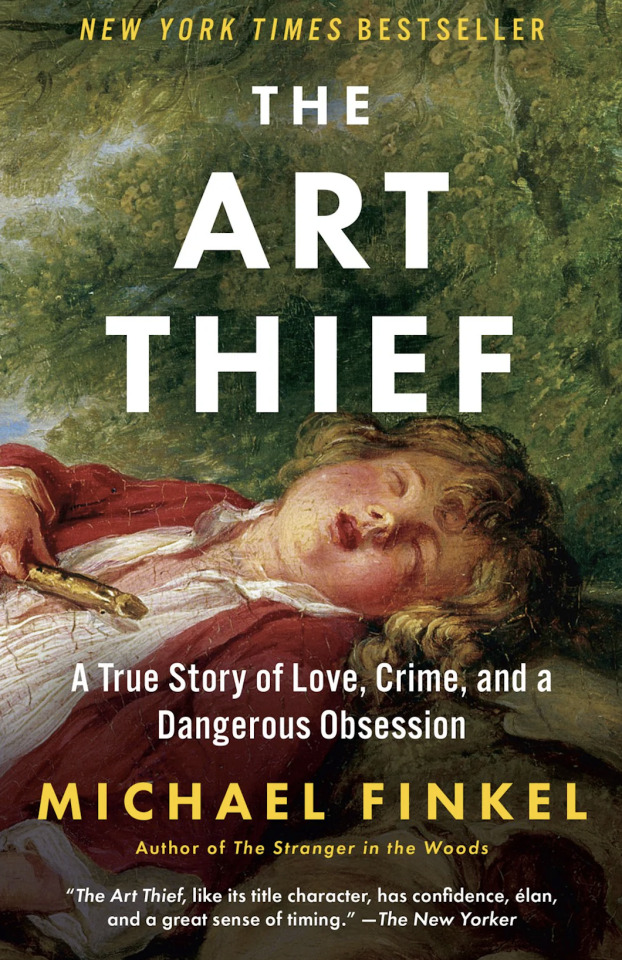
Everything you want to do in the presence of a compelling piece is forbidden in a museum. What you first want to do, he advises, is relax, pillowed in a sofa or armchair. Sip a drink, if you desire. Eat a snack. Reach out and caress the work whenever you wish. Then you'll see art in a new way.
--
Minnesota Multiphasic Personality Inventory
Spielberger's State-Trait Anxiety Inventory
Raven's Progressive Matrices
0 notes
Text

Poverty is pain, physical pain. It is in the backaches of home health aides and certified nursing assistants, who bend their bodies to hoist the old and sick out of beds and off toilets; it is in the feet and knees of cashiers made to stand while taking our orders and ringing up our items; it is in the skin rashes and migraines of maids who clean our office buildings, homes, and hotel rooms with products containing ammonia and triclosan.
--
Many are not officially counted among the “poor,” but what then is the term for trying to raise two kids on $50,000 a year in Miami or Portland? What do you call it when you don’t qualify for a housing voucher but can’t get a mortgage either? When the rent takes half your paycheck, and your student loan debt takes another quarter? When you dip below the poverty line one month then rise a bit above it the next without ever feeling a sense of stability? As a lived reality, there is plenty of poverty above the poverty line.
--
which is more primary, race or class? Which is the root of social inequity and which the branches? Which organ is more important to you, your heart or your brain?)
--
Most social problems are complicated, of course, but a retreat into complexity is more often a reflection of our social standing than evidence of critical intelligence.
--
Hungry people want bread. The rich convene a panel of experts. Complexity is the refuge of the powerful.
--
Median rent rose from $483 in 2000 to $1,216 in 2021.
--
Today, the biggest beneficiaries of federal aid are affluent families. To benefit from employer-sponsored health insurance, you need a good job, usually one that requires a college degree. To benefit from the mortgage interest deduction, you need to be able to afford a home, and those who can afford the biggest mortgages reap the biggest deductions. To benefit from a 529 plan, you need to be able to squirrel away cash for your children’s college costs, and the more you save, the bigger your tax break, which is why this subsidy is almost exclusively used by the well-off.
--
You could fit three newly built English homes into the average new American home.
--
We are much richer than citizens of other countries, including other wealthy ones, and we’re much richer than our forebearers. And yet, the dominant mood among the American middle and upper classes is one of fret and worry. In past eras, the rich used to flaunt their wealth, including by showing their indifference to work. The American aristocracy of today seem to prefer complaining to one another and working nonstop. Has there ever been another time, in the full sweep of human history, when so many people had so much and yet felt so deprived and anxious?
--
These feelings have proven incredibly effective at preventing us from seeing ourselves as authors of inequality. We like healthy returns. We like smart products. We like low prices and raise a fuss when they creep up. Fast and cheap—that’s how we prefer to consume in America. But somebody has to pay for it, and that somebody is the rag-and-bone American worker. Poverty wages allow rock-bottom prices. Relentless supervision and control facilitate fast service. The working class and working poor—and, now, even the working homeless—bear the costs of our appetites and amusements.
--
Follow the money, all of it, and you can see how a trend toward private opulence and public squalor has come to define not simply a handful of communities, but the whole nation.
--
The problem, Tolstoy ultimately decided, was himself and his fellow affluents, who lived idle lives.
“I sit on a man’s back, choking him and making him carry me, and yet assure myself and others that I am very sorry for him and wish to ease his lot by all possible means—except by getting off his back.”
--
Choice is the antidote for exploitation.
--
a crucial step toward ending poverty is giving more Americans the power to decide where to work, live, and bank, and when to start a family.
--
If you have found security and prosperity and wish the same for your neighbors, if you demand a dignified life for all people in America, if you love fairness and justice and want no part in exploitation for personal gain, if all the hardship in your country violates your sense of decency, this is your fight, too.
--
poverty is the dream killer, the capability destroyer, the great waster of human potential. It is a misery and a national disgrace, one that belies any claim to our greatness.
0 notes
Text
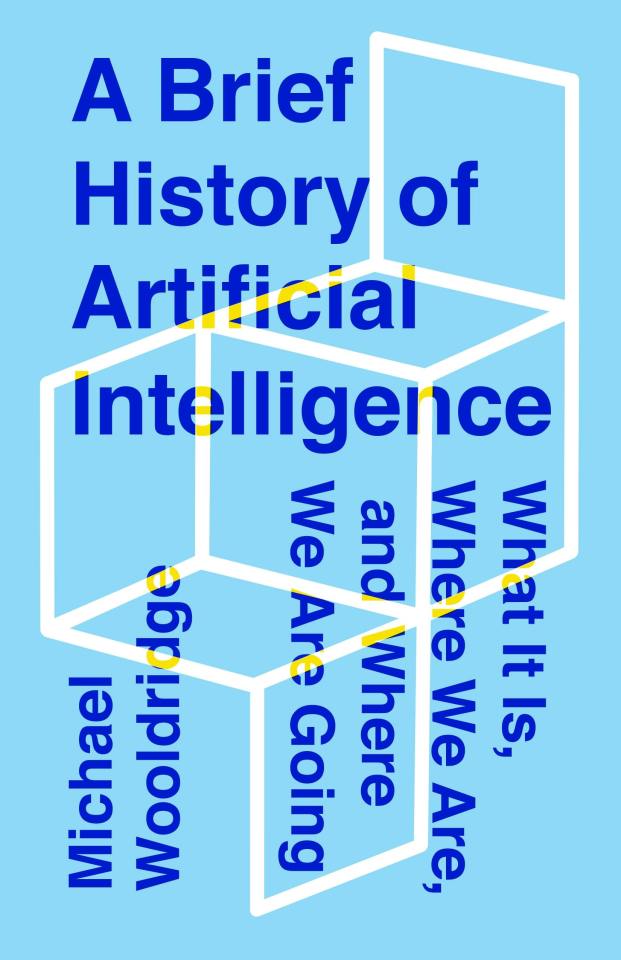
A computer, when stripped down to its bare essentials, is simply a universal Turing machine made real.
--
Roughly speaking, all a computer can do is follow lists of instructions such as the following:
Add A to B
If the result is bigger than C, then do D; otherwise do E
Repeatedly do F until G
--
Suppose you wanted to emulate a computer by manually carrying out the computer's instructions yourself. Imagine you carry out one instruction every ten seconds and that you don't pause for breaks -- you work 24/7/365 to get the job done. Then it would take you about 3,700 years to do what the computer does in just one second.
--
Computers certainly can make decisions -- it is just that we have to give them precise instructions about how to make the decision. And a computer can subsequently adjust these instructions for itself, as long as we have instructed it how to do so -- in this way, a computer can change its behavior over time -- it can learn.
--
We know how to solve a problem in principle, but these techniques don't work in practice because they would require impossibly large amounts of computing resources.
--
Bayes's theorem is important because it gives us the right way of handling imperfect data: we neither discard the data nor accept it without question. Instead, we use it to update our probabilistic beliefs about how the world is.
--
The bot was able to identify the actor, in the sense of correctly producing the text "Matt Smith," but it wasn't able to use this to then interpret and understand what is going on in the picture.
0 notes
Text
In the best conversations, sometimes you go as deep as you do far.
~ Ross Gay, The Book of More Delights
0 notes
Text
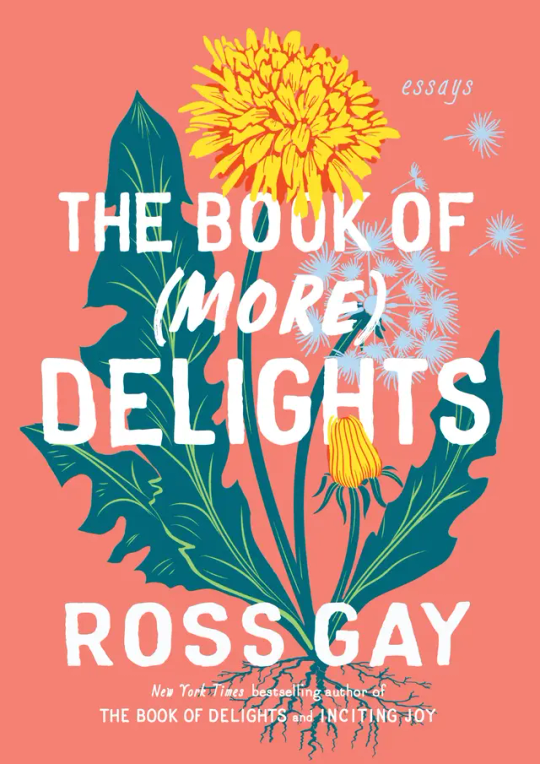
Maybe it's a small and weird gesture of hope, leaving something in the tank for tomorrow, which implies there will be a tomorrow? Maybe not finishing is a prayer for the tomorrow?
--
The rich write the laws so they don't have to break them to steal from the rest of us.
--
In the best conversations, the ones I love, visiting is the word, you sometimes go as deep as you do far.
0 notes
Text

We’re operating inside the religion of Capitalism, whose gospel is that there is not enough.
--
Capitalism preaches the gospel of scarcity and, as such, demands we see scarcity everywhere. And
--
Among those imposed scarcities—of health, of food, of clean water, of adequate shelter, of comfort, of community, of meaning, of a future—is that of time. And to believe otherwise—in enough, say; in abundance, say; in gratitude, say; in the unmitigated, unbounded hang, say!—makes you blasphemous. Or a heathen. Or a criminal. Or out of your goddamned mind.
--
resting inside that nothing (happening), inside those idle hands, maybe dormant, maybe like seeds needing fire to germinate, in this case the fire of hanging out unregulatedly and off the clock, is meaning. We mostly dream, I’m saying, off the clock. And our dreams, well—it’s always good to re-remember Audre Lorde, whose brood we are: “Our children cannot dream unless they live, they cannot live unless they are nourished, and who else will feed them the real food without which their dreams will be no different than ours?”
What is the dream? Who knows?! That’s the point!! But I suspect it might have something to do with who used to be your co-worker, but who became in a sliver of nothing happening, a crack in the clock, your co-dreamer, with whom you together stuck the be right back note on the door, which was a lie, for you will never be. And were so kind as to leave the door open on your way.
--
as Dave puts it in a poem,
“Laughter is our way of letting the universe know we agree with the passage of time.”
--
music’s primary characteristic, like our voices, possibly like our bodies, is that it disappears.
--
laughter, we have established this, is one way we fall apart into each other, just as weeping can be.
--
How terrifying it is when we’re in the midst of someone else’s breaking apart, not only because it’s our child, or friend, or parent, or lover and it breaks our hearts that they are suffering, but also because their breaking apart reminds us of our own.
I was too afraid to be close to what looked so much like my own pain.
--
The obsessive thoughts were the churning, disturbed waters of grief denied, or grief refused, and the way to soothe those waters, it seems so obvious from here, is to wade into them. Into the deep waters, as my nana says. To get deep enough into the waters that our feet lift off the sands beneath.
--
grief is the metabolization of change.
--
grief is not gotten over, it is gotten into.
--
But when we allow and expect each other to change and, even more to the point, when we witness the learning, the changing, the grieving, with curiosity and patience and care and love; when we make room for and witness and invite each other’s unfixing and so are unfixing ourselves; when we join the grieving, or when we join in grieving, and when we do it again and again, making of that soft, mutual, curious, groundless witnessing not only an endeavor, but also a practice (we’re talking about practice again); when we do these things, we fall apart into one another. We fall into each other.
--
when we catch the grave light shimmering from the tethers between us when it happens, our dying again and again in each other’s presence, this falling together, it is called, this holding each other through the falling, I am pretty sure of this, one of the names anyway: joy.
0 notes
Text
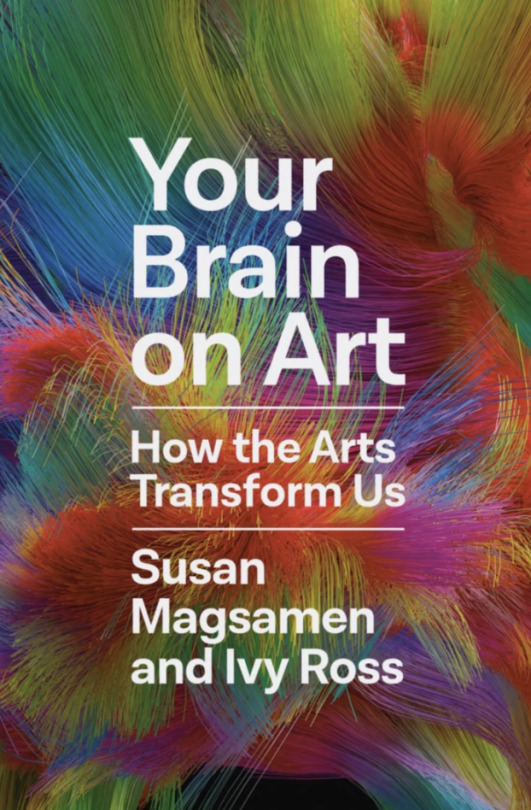
Read the following statements and circle the number that corresponds to how often they apply to you, using the following scale.
1 = Never 2 = Rarely 3 = Sometimes 4 = Often 5 = Very Often
I attend music, dance, theatre, museums, and/or digital art activities. 1 2 3 4 5
I see beauty when I look at or experience art. 1 2 3 4 5
I am emotionally moved by music. 1 2 3 4 5
I am impressed by symmetry in artistic works. 1 2 3 4 5
I sculpt, paint, draw, craft, create films/video, or design. 1 2 3 4 5
When I look at art, I feel positive energy or invigoration. 1 2 3 4 5
I write poetry, lyrics, nonfiction, and/or fiction. 1 2 3 4 5
When I view art, my heart beats faster, or I have other physical effects. 1 2 3 4 5
I appreciate the visual design of buildings and interior spaces. 1 2 3 4 5
I take (or have taken) classes in art, craft, creative writing, aesthetics, etc. 1 2 3 4 5
When making or beholding art, I experience a sense of connection and community. 1 2 3 4 5
When experiencing the arts, I feel a oneness, unity, or connectedness with the universe/nature/existence/deity. 1 2 3 4 5
I am deeply moved when I look at art. 1 2 3 4 5
I experience joy, serenity, or other positive emotions when I am making or beholding art. 1 2 3 4 5
The scale is organized into three categories:
Aesthetic Appreciation is the degree to which a person is responsive to the aesthetics of experiences and of their environment.
Intense Aesthetic Experience is the degree to which a person regularly responds to aesthetic experiences in a very intense way as opposed to more commonplace forms of appreciation.
Creative Behavior represents the degree to which a person engages in creative behaviors such as art-making.
Individual scale scores: Count your score for each question below and divide by the number of questions.
Aesthetic Appreciation: Questions 1, 2, 3, 4, 6, 9, 13, 14 _____ Divided by 8 =______
Intense Aesthetic Experience: Questions 8, 12, 13 _____ Divided by 3 =______
Creative Behavior: Questions 5, 7, 10, 11 _____ Divided by 4 =_____
Cumulative scale score: To determine your cumulative score add all fourteen of your individual question scores together and divide by 14. ______ Divided by 14 =______
Low Below Average Average Above Average High For example, you might have a 3 in Aesthetic Appreciation, a 2 in Intensive Aesthetic Experience, a 5 in Creative Behavior, and a cumulative score of 4.
--
arts and aesthetic experiences will improve your health and well-being and enhance your ability to learn and flourish.
--
Ivy carries tuning forks in her bag, because the resonant sound of the notes C and G combined can soothe a stressful moment.
--
In a study, Girija Kaimal, assistant dean for special research initiatives and an associate professor in the creative arts therapies program at Drexel University, found that for the majority of people, making art for as little as forty-five minutes reduces the stress hormone cortisol, no matter your skill level or experience. Making art is physiologically calming.
--
Stress isn’t a feeling or an emotion, rather it’s a physiological response to our emotions.
--
Sound vibration has the capacity to return the body to homeostasis and out of a fight-flight-freeze reaction.
--
The notes C and G, which Ivy struck with her forks that day at work, resonate with the Earth’s core frequency and are known to be soothing vibrations. These frequencies are used together all over the world because the ratio, or interval, between the notes creates a universal feeling of harmony.
--
One study concluded that the frequency of blues and greens in mild hues help calm people in a work setting, reducing stress and fostering more creativity. The same study found that yellow promotes attention and focus. For some, red can be highly stimulating.
--
Studies have found that coloring can have a similar physiological response in the brain as the act of meditating by reducing outside noise and allowing for focus. In one study, anxiety was measured in participants before and after they drew and colored, and their heart rate, respiration, and skin conductance were measured throughout. The results found all physical indicators of anxiety reduced when coloring, and that perceptions of anxiety lowered as well.
0 notes
